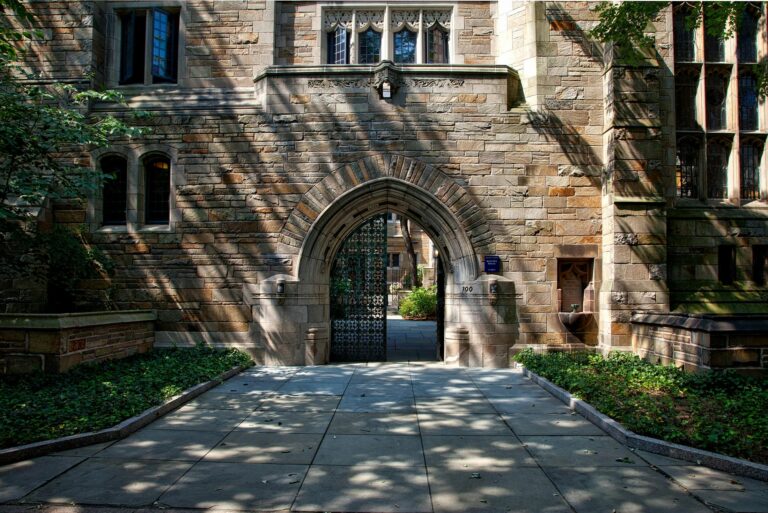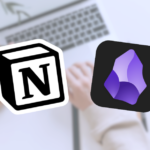Premed students often hope that accomplishing specific premed extracurriculars guarantees a coveted acceptance into medical school. This mindset is prevalent across universities, and thus students inevitably align towards the same set of experiences: clinical research, hospital volunteering, pre-med club leadership, and advocacy. However, with thousands of applicants believing that this set of extracurriculars is the roadmap into medical school, how are you able to set yourself apart from the crowd?
Explore our detailed guide to learn practical tips and strategies for strengthening your medical school application.

The Goal for Extracurriculars: Find Your Passions and “Tell A Story”
The reality is that there is no tried-and-tested approach to extracurriculars for pre-med students. Instead, the focus should be on experiences that are uniquely personal and meaningful, inspire growth, and demonstrate a well-rounded and passionate applicant.
Extracurriculars are an important part of applications because they provide opportunities to demonstrate “your story”. It’s an opportunity to tell your unique story as to why you want to pursue medicine. Conveying passion is difficult but can be made easier either through improving your writing or improving your experiences.
Of course, each applicant does need to achieve a certain set of experiences. Most applicants do need to at least check off necessary boxes for leadership, community involvement, research, teaching, and advocacy.
If you only have stereotypical premed extracurriculars, you may need to demonstrate your passion for medicine with excellent writing. While you may be devoted to your role as a volunteer at a hospital or as a researcher conducting systematic reviews, writing about common premed extracurriculars in a manner that demonstrates your passion requires some creativity to tell a compelling story. While possible, this is often challenging for most of us. However, even average writers can write great stories if they can write about excellent ideas.
An Example Between Two Applicants
For instance, compare these two applicants:
Applicant 1: Matthew
“My name is Matthew. I have an undergraduate degree in biomedical sciences, and published research on the cost-effectiveness of different uterotonic agents in preventing postpartum hemorrhage. To get involved, I volunteer in my local hospital weekly and lead the pre-med society at my program. I often organize events such as MCAT, CASPER, and interview prep sessions. I’ve advocated and helped create subsidies to help students apply to medicine. In my spare time, I enjoy reading and travelling. I realized I wanted to pursue a career in medicine due to my love for biomedical sciences and research, and my experiences as a hospital volunteer and leader of my pre-med society helped me realize I love helping others.”
Applicant 2: John
“My name is John, and I have an undergraduate degree in psychology. Chess has always been a fundamental part of my identity. I’ve competed in and won local tournaments. During undergrad, I started and now lead a university chess organization that facilitates weekly tournaments between students and seniors at retirement homes, after I realized that many geriatric populations lack companionship. I recently became involved in clinical research on geriatric mental health. My initial devotion to chess helped me advocate for vulnerable populations and fostered my love for learning about health, leading to my desire to pursue medical school to further these passions.”
Both Matthew and John have checked off many of the necessary boxes for extracurriculars, however their profiles are very different. Matthew has more stereotypical pre-med volunteering, leadership, and research experiences that parallels many applicants. John has evidently taken his passion for chess and described a story of winning local competitions, creating a club based on his desire to help seniors, becoming involved in geriatric research, and developing his love for mental health.
These two profiles are very different. While both are strong applicants. However, Matthew’s extracurriculars appear to come from a place of “checking off necessary boxes”. John’s appears to come from a place of passion.
If you lack writing proficiency, you can make up for it through having unique experiences. If you are struggling to find unique experiences, you can make up for it through writing and demonstrating your innate passion through your writing ability. Admissions committees ultimately want to see passionate applicants as it relates to their desire to pursue medicine.
Tips for Choosing The Right Extracurriculars
Here are some tips for choosing the right extracurriculars for you.
Tip 1: Pursue Genuine Research Interests
Research is an optional however recommended extracurricular in one’s pre-med journey, but it should align with your interests and passions. Whether you work in a lab, conduct clinical research, or pursue a project in a related field, choose something that genuinely excites you as it is easy to burnout in research. When you are truly interested in your research, it is much easier to demonstrate your critical thinking, problem-solving skills, a passion for discovery, and a love for lifelong learning.
Need help finding premed research? Check out our guide here.

Tip 2: Quality over Quantity
Consider dedicating most of your time to 1-3 extracurriculars instead of spreading yourself thin. Dedicating more time into less commitments will allow for deeper involvement, and the development of significant skills and experiences. Dedication often lends itself for opportunities for leadership, impact, and personal growth. These experiences often make for a stronger impression than superficial involvement in numerous activities. A few well-chosen extracurriculars better showcases a premed student’s dedication, maturity, and readiness for the challenges of medical school.
Tip 3: Make a Difference, No Matter the Size of Impact
Whether you built hundreds of homes overseas or provided companionship for a single patient while volunteering at your local hospital, make a meaningful impact that you can write passionately about, and reflect on the lessons you gained. Reflect on empathy, communication skills, and a sense of social responsibility—qualities that are essential for a future physician.
Tip 4: Demonstrate Leadership Through Initiative
Demonstrating leadership is not about holding titles or joining a multitude of clubs. It’s about demonstrating initiative, teamwork, and the ability to make a positive impact. You could lead a student organization, coordinate a community project, or take on a leadership role in a research lab. However, the goal is to focus on how you saw a problem in your community, how you took initiative to resolve this issue, and how your efforts resulted in positive outcomes for those around you.
Tip 5: Be Authentic
Choose activities that genuinely interest you and reflect your values. Authenticity is key to a compelling application. Describe “a story” regarding your journey that led you to medicine, as admissions committees can often tell when an applicant is genuinely passionate about their activities versus when they are simply checking boxes.
Final Thoughts
There is no perfect formula for extracurricular activities for pre-med students. Instead, focus on meaningful engagement, personal growth, and developing a well-rounded application that reflects your unique strengths and passions. Create a narrative and “tell a story” regarding why medicine is the right career for you.
While clinical experience, research, volunteering, leadership, and personal interests are all important parts of a medical school application, the way you engage, reflect, and describe how these activities shaped who you are as a person is what truly matters. By crafting a unique story that aligns with your interests and goals, you will not only create a strong application but also prepare yourself for a rewarding career in medicine.







